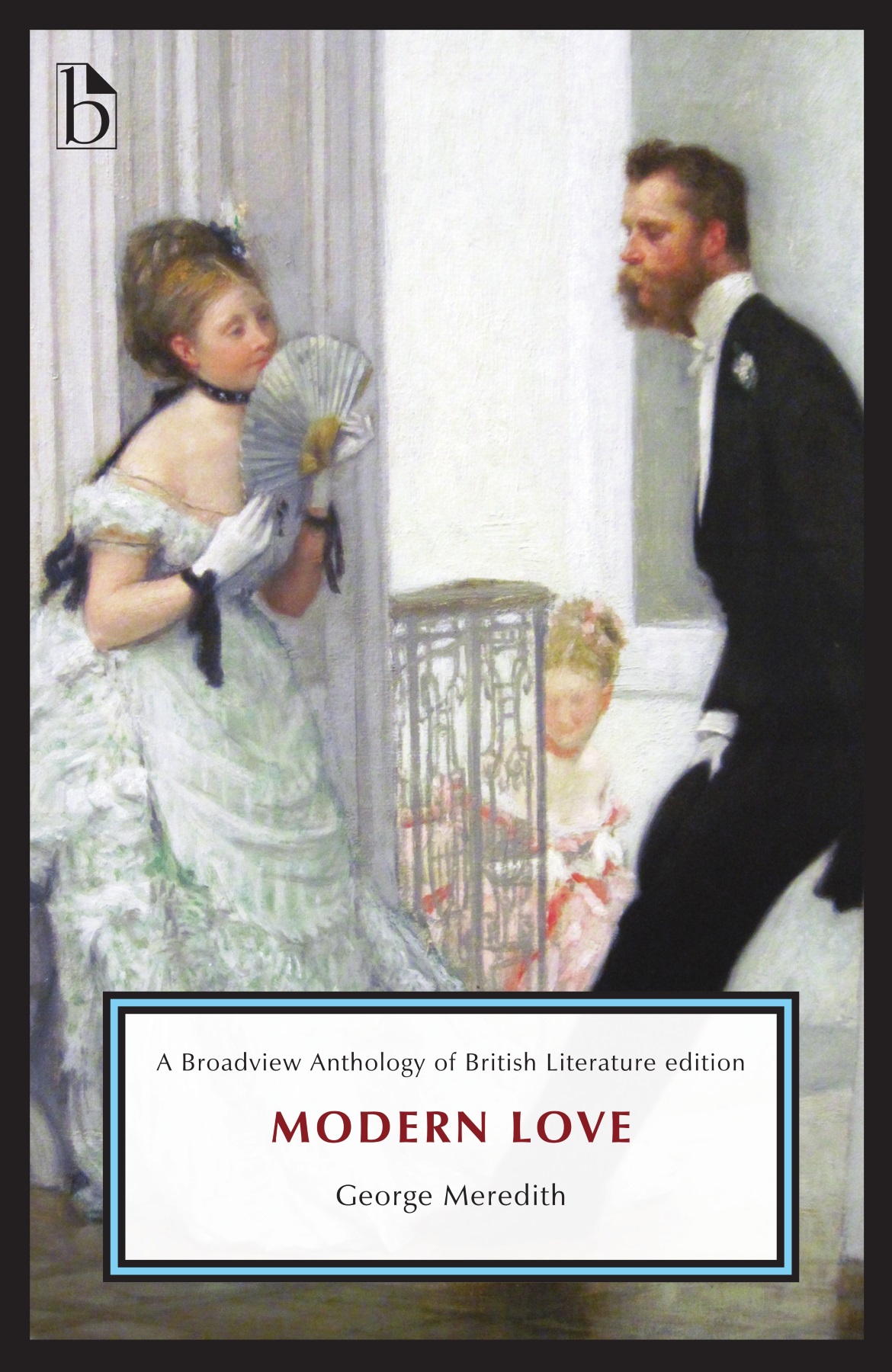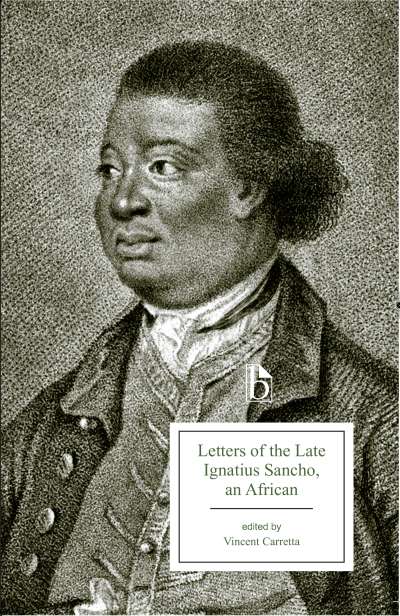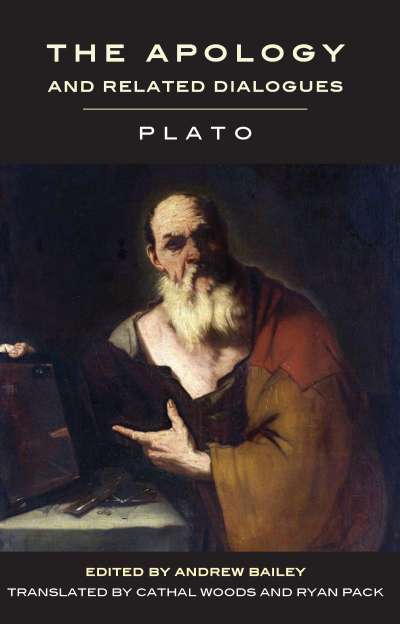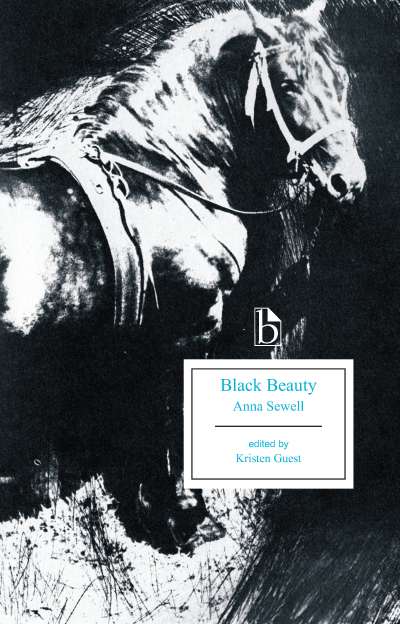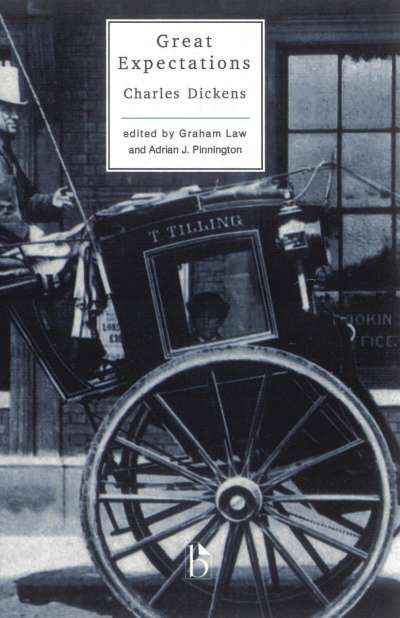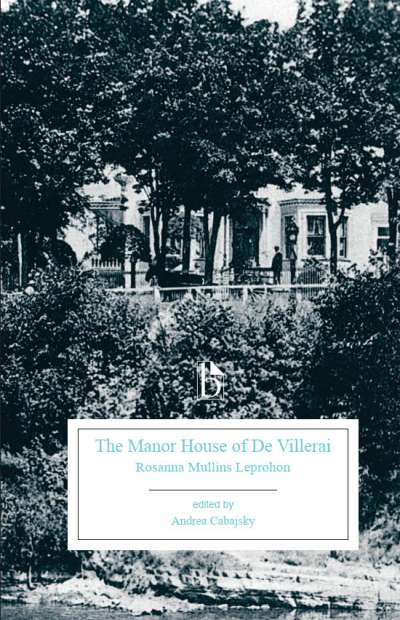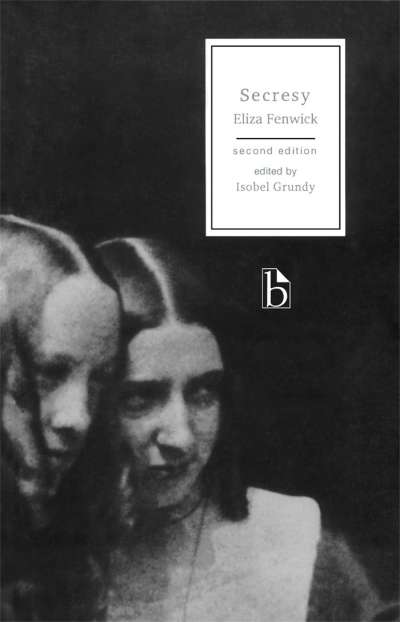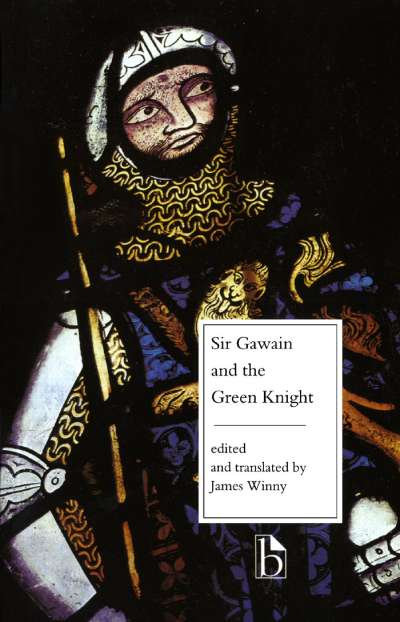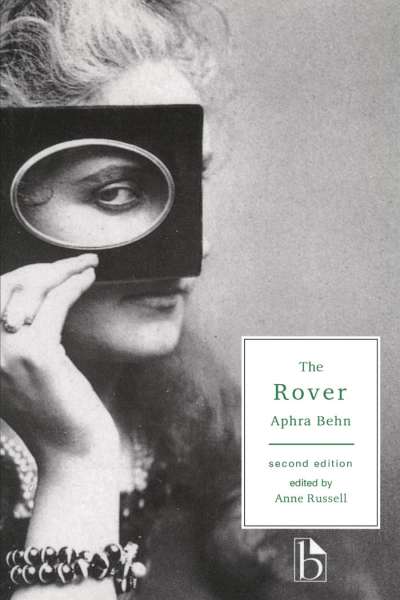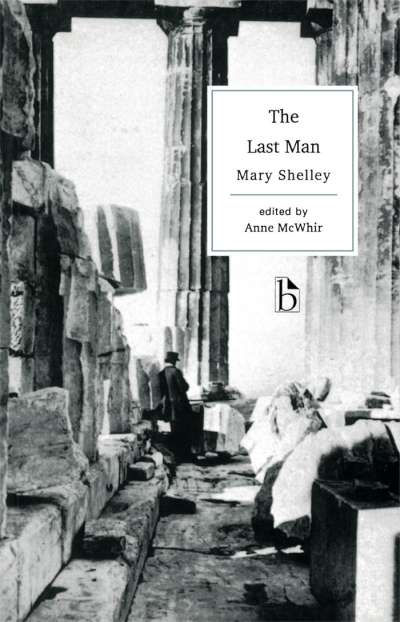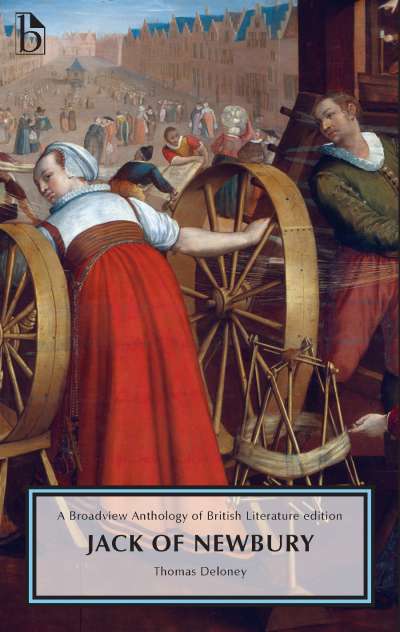The Victorian writer George Meredith completed Modern Love, his most famous poem, in the months following his wife’s death in 1861. The series of 16-line sonnets (a stanzaic form Meredith invented) depicts isolated scenes in an unhappy marriage as both partners take lovers. At the time, Meredith’s long poem was savaged by critics both for its style and for its “diseased” content. In this century, however, it has been lauded as a complex and extraordinarily powerful exploration of the realities of Victorian marriage.
Comments
“In this superbly edited Broadview edition, Modern Love is made newly available both for course assignment and for the general reader. Well-chosen ancillary materials—contemporary reviews, feminist and anti-feminist polemics, debates about what ‘modern’ poetry ‘could and, more importantly, should represent’—are included to set Meredith’s 50-poem sequence in context. Many of Meredith’s mid-Victorian contemporaries were outraged by his bleakly unillusioned exposure of the innermost precincts of married life. In our own cultural moment, these scenes from a marriage are both classic and timely, probing the misery two modern lovers inflict and suffer with utmost candor and compassion.” — Jane Hedley, Bryn Mawr College author of Modern Marriage and the Lyric Sequence
“… This edition recognizes the significance of Modern Love by allowing it to stand apart. The choice to curate and comment on a just selection of poems originally published alongside the sonnet sequence … is a welcome one; it illuminates Meredith’s poetic range and Victorian literary taste while inviting a next generation of research to celebrate the powerful unorthodoxy of Modern Love. Well-chosen and beautifully contextualized reviews and contemporaneous writings on poetic form and gender ideology draw out the literary and historical dimensions of the poem in this new, soon-to-be integral edition.” — Alicia Williams, Rutgers University
“This excellent and necessary edition of George Meredith’s most important poem will be a great help to scholars, teachers, and students. Elisha Cohn’s expert editing and illuminating notes make this complex sonnet sequence accessible and enjoyable both for fans of Meredith and for anyone encountering his work for the first time. The supplementary materials … make a powerful case for the literary and cultural significance of a text that remains provocative in its articulation of the vexed relationship between men and women.” — Anna Barton, University of Sheffield

